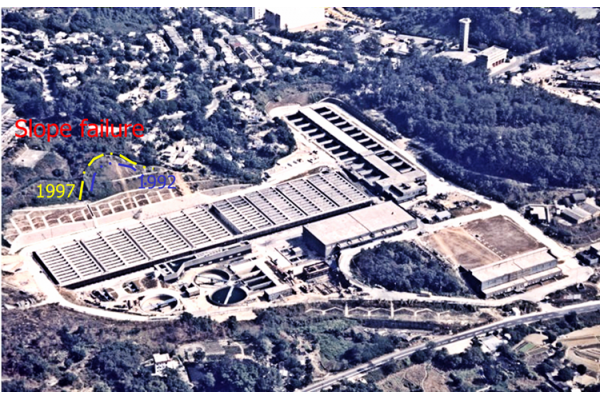THE IMPACT OF GROUNDWATER ON SLOPE STABILITY: A CASE STUDY OF THE LANDSLIDES AT PAK KONG WATER TREATMENT WORKS, HONG KONG
Seminars
Semester 2
Hong Kong’s unique topography, coupled with human activities and limited land availability for development, has necessitated extensive engineering projects and housing developments on the region's constrained slopes. Consequently, the issue of slope stability in Hong Kong is both complex and recurrent. Historical records of landslides in Hong Kong can be traced as far back as 1889. Given the region's seasonal heavy rainfall and significant soil weathering, shallow landslides triggered by rainfall are the predominant type of slope failure, frequently occurring during or immediately after intense rainstorms. In certain regions of Hong Kong, confined aquifers underlie the area, and the high hydraulic conductivity creates conductive zones within rock fractures. During rainfall,
the infiltrating water rapidly travels through the high hydraulic conductivity zones in the rock fractures towards the base of the slope. This leads to a sharp rise in pore pressure, which significantly reduces the shear strength of the rock mass, reducing the stability of the slope. This research examines the influence of groundwater on slope stability, using case study from the Pak Kong Water Treatment Works.
Additional information: Mr. LIANG Jiawei, jiawei66@connect.hku.hk










